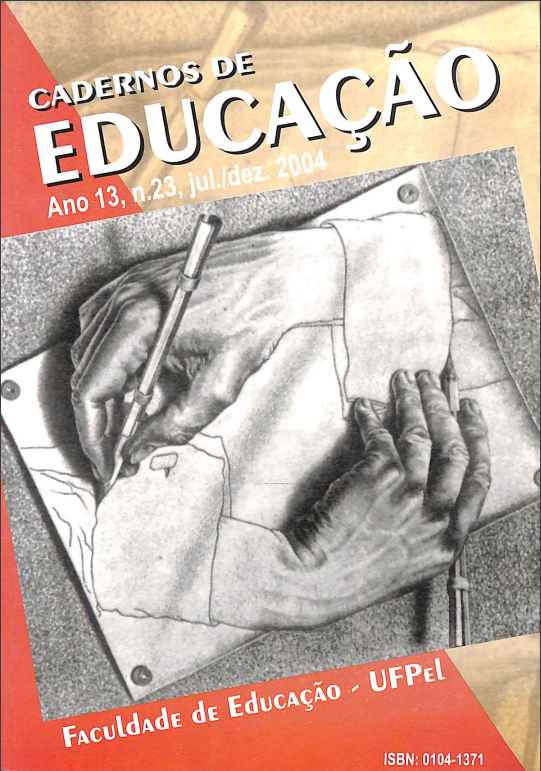THE TRAINING PERIOD AS A COMPONENT OF THE CURRICULUM
is it a possibility of innovation or rhetorical re-semantic in the organization of curricula of teacher education courses?
Abstract
The discussion of whether or not the training period should be a component of the curriculum, which takes part in the legislation that talks about curriculum organization concerning graduation courses, here circumscribed to teacher education courses, has been leading us to a more contextualized reflection in the public policies scenario. The public policies that refer to teacher's education define the need for curricula organized in processes that are able to put into context and justify some items such as school knowledge; knowledge that comes from experience; scientific initiation; insertion in the professional arena since the beginning of the course so as to articulate theory and practice; supervised traineeship as of the middle of the course; identity of the Courses in Education. The experiences we have been living reveal knowledge, learning and society conceptions that are located within a dominant paradigm, besides favoring the dichotomy subject/object, mind and matter, in which knowledge is turned into "something" and separated from the personal construction process. The relationship between theory and practice is presented as a problem not yet solved in our philosophical, epistemological and pedagogical tradition. The present article aims at analyzing the insertion of the training period as a curriculum component in the context of an inter-institutional research: Teacher Education Courses and Resolution CNE/CP2 from February 19th 2002 - limits and possibilities - Reconfiguring Pedagogical Projects, questioning the possibility of innovation or rhetorical re-semantics in the organization of the curricula of teacher education courses.


